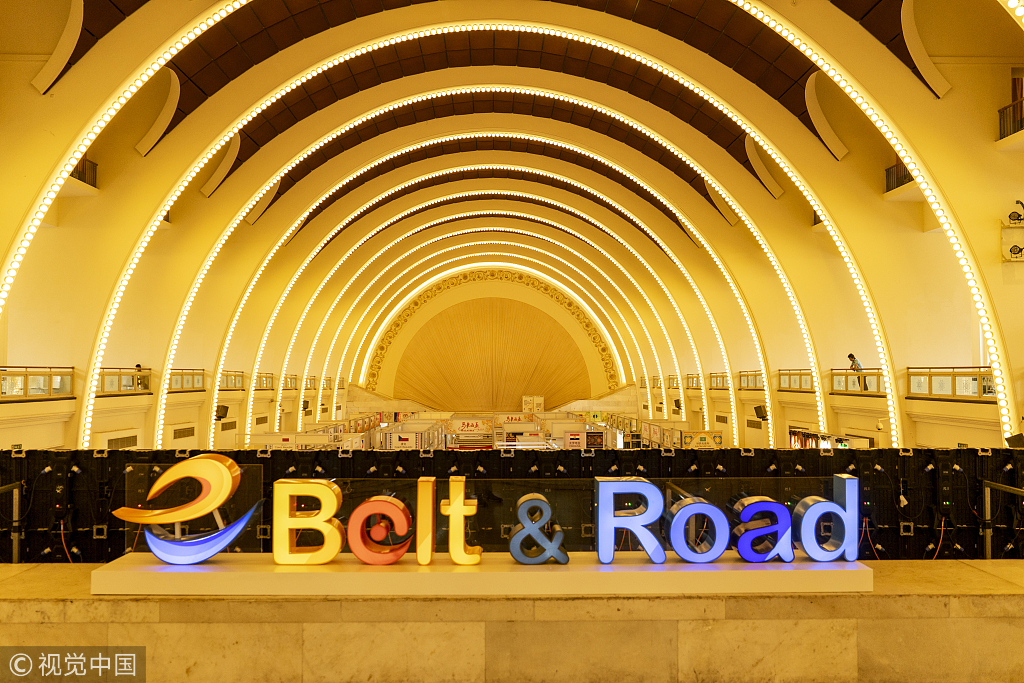Belt and Road Initiative shot in the arm for world economy: China Daily editorial


That Switzerland may be the second Western European country to sign a referendum of understanding with China for cooperation under the framework of Belt and Road Initiative speaks volumes about it not being a disrupter of the conventional international order.
Ueli Maurer, the president of the Swiss Confederation, said that the Belt and Road Initiative is advancing globalization when he was interviewed by Chinese reporters in Berne ahead of his trip to China to participate in the Second Belt and Road Forum for International Cooperation. He said that there is no reason to be afraid of the initiative as all parties can benefit from improved and upgraded connectivity.
He said that the initiative is meant to allow an increasing number of countries to benefit from economic development so that inclusive globalization can be realized.
It is globalization that has greatly promoted the development of the world economy. And it is free trade that has granted the potential of the world economy greater play, which has improved the lives of people in many emerging economies.
However, the gap between the developed and underdeveloped countries has been widening despite the rapid development of the global economy. A breakthrough needs to be made to allow more countries, the underdeveloped ones in particular, to enjoy the economic benefits of globalization and free trade. What the Belt and Road Initiative epitomizes is that breakthrough.
An increasing number of developing countries that used to be excluded from the globalization process are participating in the initiative. And their participation will positively impact the development of the world economy.
On the one hand, they will provide a new area for investment from both developed countries and emerging economies, and their development in return will provide a huge market for the world economy. The rapidly increased trade between China and those countries along the Belt and Road routes is a case in point.
On the other hand, only with more and more countries becoming involved will economic globalization be able to make the economic cake bigger, from which more countries will benefit. And economic globalization cannot develop into a virtuous cycle unless more countries get involved and the scale of the world economy is enlarged.
It is hard to believe that some Western politicians should speak ill of the Belt and Road Initiative. That they do is simply because they look at it through the prism of ideology or geopolitics. They just feel uneasy about China’s rise as a world economic power and are reluctant to participate in the initiative simply because it has been proposed and launched by China, a reality they find hard to accept.
But despite their doubts and suspicions, that such a huge project has attracted the involvement of more than 120 countries and dozens of international organizations, proves that most see it for what it is: a shot in the arm for the development of the world economy and globalization.

































